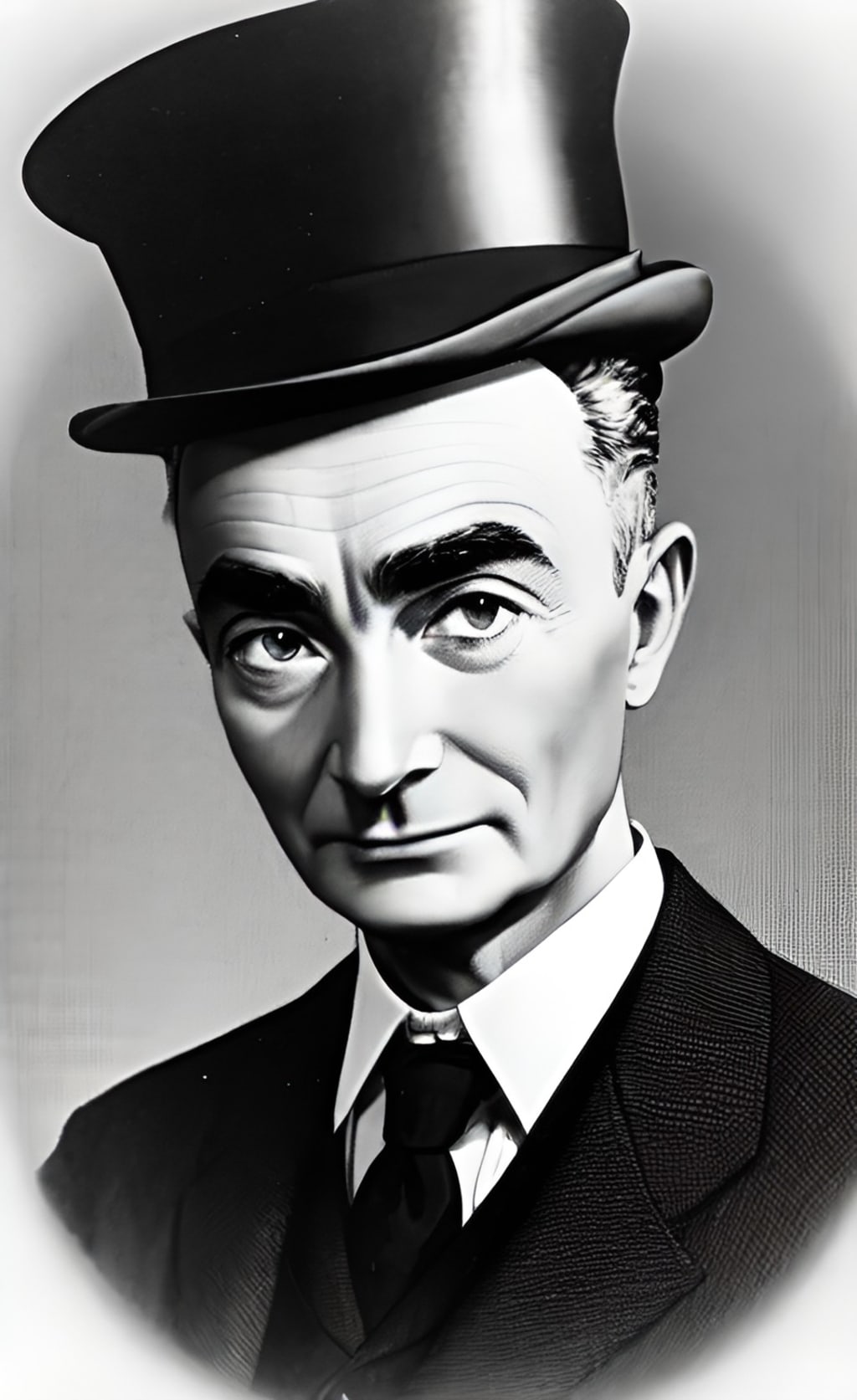The Legacy of J. Robert Oppenheimer: The Man Who Changed the World
The Ethical Dilemmas of Scientific Advancement

In the annals of scientific history, J. Robert Oppenheimer's name stands as a testament to the immense power and responsibility of scientific discovery. While he never received a Nobel Prize, his contributions to the world of physics and his pivotal role in the development of the atomic bomb forever altered the course of human history. In this article, we delve into the life and accomplishments of this remarkable scientist and explore how his work continues to shape our world.
Early Years and Academic Journey
J. Robert Oppenheimer was born in 1904 and displayed an early aptitude for academic pursuits. His journey in the world of physics began in earnest when he joined JJ Thompson's laboratory, where he attempted to make thin films of beryllium for electron study. However, his lack of finesse in experimental work led him to a profound interest in theoretical physics.
Cambridge and Göttingen: Shaping a Genius
Oppenheimer's academic pursuits took him to prestigious institutions like the University of Cambridge and the University of Göttingen. At Cambridge, he found a supportive community of physicists, including luminaries like Paul Dirac and John Von Neumann. Göttingen, under Max Born's mentorship, allowed him to thrive and make significant contributions to various fields of physics.
The Birth of Nuclear Physics
In the late 1920s, Oppenheimer's work intersected with that of Werner Heisenberg, with whom he developed a cordial relationship. Little did they know that just 15 years later, they would become rival forces in a race to build the world's first nuclear bomb, Oppenheimer for the USA and Heisenberg for Germany.
The Theoretical Challenge
In the early 1930s, nuclear physics faced numerous theoretical challenges. Einstein himself had doubted the feasibility of nuclear energy. However, the discovery of the neutron in 1932 opened up new possibilities, and Leo Szilard contemplated the use of neutrons to split atomic nuclei.
Oppenheimer's Initial Skepticism
Initially, Oppenheimer was skeptical about the feasibility of nuclear fission. He famously dismissed the idea but changed his stance after witnessing experimental evidence. This shift marked a critical turning point in the development of nuclear weaponry.
The Manhattan Project
The turning point in Oppenheimer's life came in 1942 when he was appointed the scientific head of the Manhattan Project, a top-secret initiative to develop the atomic bomb. General Leslie Groves, who led the project, recognized Oppenheimer's unique ability to understand complex scientific problems.
Los Alamos: The Secret Laboratory
Oppenheimer selected Los Alamos, New Mexico, as the site for the secret laboratory where scientists from around the world would work tirelessly on the atomic bomb. Over 600,000 individuals contributed to this monumental effort, and the project soon progressed from an impossible dream to a potential reality.
The Trinity Test
The culmination of years of research and development came with the Trinity test, the first successful detonation of a nuclear bomb. On July 16, 1945, the world witnessed the immense destructive power of this new weapon.
The Hiroshima and Nagasaki Bombings
Just weeks after the Trinity test, the atomic bombs Little Boy and Fat Man were dropped on Hiroshima and Nagasaki, bringing World War II to a swift conclusion. Oppenheimer's work had forever altered the face of warfare.
The Post-War Ethical Dilemma
After the war, Oppenheimer grappled with the ethical implications of his work. He expressed concerns about the development of the hydrogen bomb, fearing it would start an arms race and escalate global tensions.
The Trial and Legacy
Oppenheimer's opposition to the hydrogen bomb led to his security clearance being revoked, a trial that marked a dark period in his life. Despite this setback, he continued to advocate for arms control and the responsible use of nuclear technology.
A World-Changing Legacy
J. Robert Oppenheimer's life and work epitomize the dual nature of scientific discovery – the power to shape the world for both good and ill. His legacy reminds us that with great knowledge comes great responsibility, and that humanity must grapple with the ethical implications of scientific advancements.
Conclusion
J. Robert Oppenheimer's journey from a young physicist to the scientific leader of the Manhattan Project is a testament to human ingenuity and the profound impact of scientific discovery. His contributions, while controversial at times, have forever changed the course of history, leaving us with the enduring challenge of harnessing the power of science for the betterment of humanity.
FAQs
- Did J. Robert Oppenheimer win a Nobel Prize?
No, Oppenheimer never won a Nobel Prize, but his contributions to physics were highly significant.
- What was the Trinity test?
- Why was Oppenheimer opposed to the hydrogen bomb?
- What is the critical mass of uranium-235 for a nuclear bomb?
- What is the legacy of J. Robert Oppenheimer?
The Trinity test was the first successful detonation of a nuclear bomb, conducted in July 1945 in New Mexico.
Oppenheimer was concerned about the ethical implications and the potential for an arms race resulting from the development of the hydrogen bomb.
To create a nuclear bomb with uranium-235, you need approximately 52 kilograms, forming a sphere with a diameter of 17 centimeters.
Oppenheimer's legacy is one of scientific achievement and ethical dilemmas, highlighting the responsibility that comes with scientific discovery.





Comments (1)
Great work! Good job!